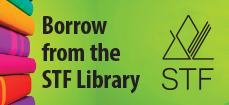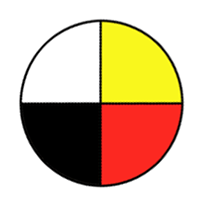Investigate influences on the development of conscience and its effect on individuals and society.
[DHP, CH, SSM]
| (a) |
Describe influences on the sensitization and desensitization of conscience (e.g., family, friends, grace, formal and informal education, media, cultural traditions). |
| (b) |
Reflect upon the extent to which one's conscience and moral beliefs influence one's actions (e.g., resistance to peer pressure; moral relativism; environmental, economic and social sustainability; cohabitation; digital behaviours such as sexting and cyberbullying). |
| (c) |
Assess the difference between doing good and avoiding evil including the role of silent majorities and unquestioned obedience (e.g., Nazism, KKK, slavery, ISIS, Edmund Burke's statement: "The only thing necessary for the triumph of evil is for good people to do nothing"). |
| (d) |
Examine and represent (e.g., through presentations or arts expressions) ideas about conscience and morality such as:
|
| (e) |
Examine the role of conscience in moral judgment through the three sources of Catholic morality (i.e., the moral object, the intention and the circumstances). |
| (f) |
Discuss personal implications and responsibilities stemming from the Church teaching about the concept of primacy of conscience. |


- Catholic Social Teaching: Christian Life in Society. Teacher Guide


- The Catholic Faith Handbook for Youth. Teacher Guide




- The Way: Living Out God's Plan for Your Life as a Disciple of Christ. Teacher Edition




- World Religions. ExamView Test Bank: A Canadian Catholic Perspective
- World Religions. Teacher's Resource: A Canadian Catholic Perspective

- Altaration. The Mystery of the Mass Revealed
- Altaration: The Mystery of the Mass Revealed. Student Workbook


- Theology of the Body for Teens DVD Set: Discovering God's Plans for Love and Life
- Theology of the Body for Teens. Leader's Guide: Discovering God's Plan for Love and Life





